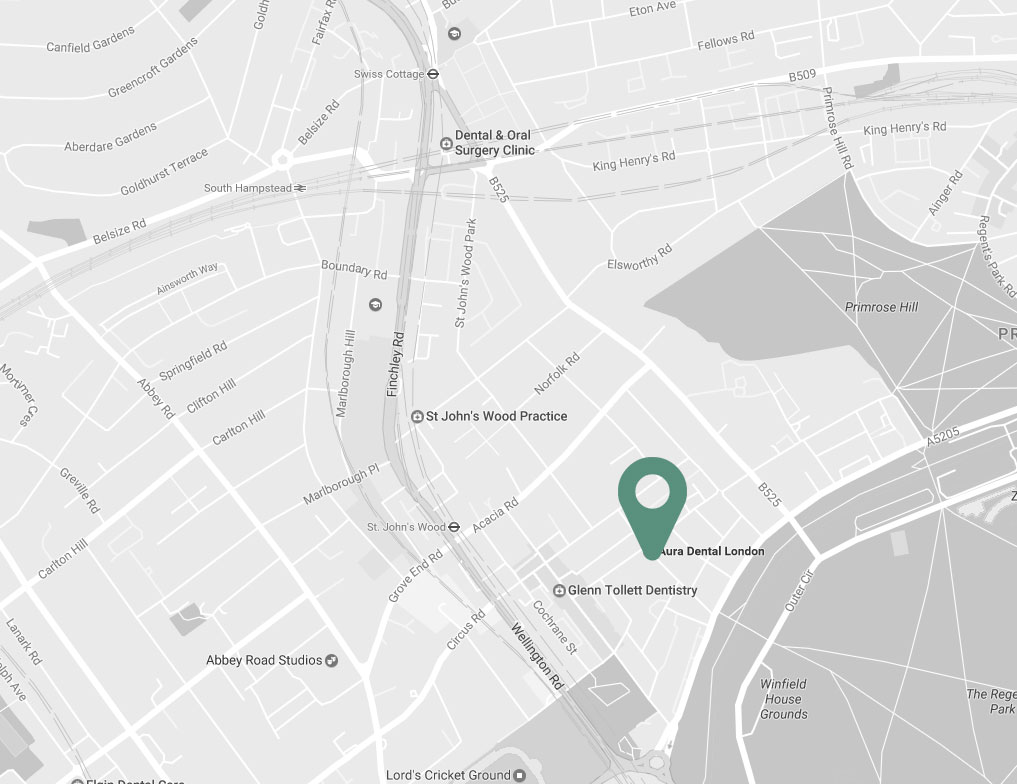
Irritable bowel syndrome (IBS), is one of the most common functional gastrointestinal disorders (FGID) affecting 10-20% of the adult population worldwide, yet most challenging when it comes to treatment. The condition is most commonly found amongst Western populations, particularly affecting females and younger age groups.
Its symptoms are chronic, recurrent and heterogeneous, manifesting as lower abdominal pain or discomfort, excessive gas production/ borborygmi, abdominal bloating and distension, altered bowel motility (constipation and/or diarrhoea) and nausea. Some patients may also suffer extra-intestinal symptoms, such as urinary frequency, headache, dyspareunia, heartburn, back pain, sleep problems, fibromyalgia and chronic fatigue. In addition to physical symptoms, IBS sufferers are affected mentally, with mood swings, hopelessness, anxiety and depression being the most common emotional symptoms. IBS is not known to cause bowel cancer or excess mortality, however, it can seriously reduce quality of life, interfering with daily activities, social and occupational life, and often leads to excessive healthcare costs.
What causes your IBS?
The disorder is proposed to be due to a complex interaction between biological and psychosocial factors:
are all plausible mechanisms leading to altered gut flora and microscopic inflammation, which in turn may trigger IBS onset.
Additional factors that your doctor may underestimate:
Food Intolerances and IBS
Food intolerances are among the most common IBS mediators :
Other dietary factors that can trigger IBS
References
Caldarella, MP. Serra, J. Azpiroz, F. et al. (2002). Prokinetic effects in patients with intestinal gas retention, Gastroenterology, 122, pp. 1748-1755 [Online]. Available at: http://www.ncbi.nlm.nih.gov/pubmed/12055580 (Accessed: 17 May 2016).
Cappello, G. Coraggio, D. De Berardinis, G. et al. (2006). Peppermint oil (Mintoil®) in the treatment of irritable bowel syndrome. A prospective double blind placebo controlled randomized trial’, Digestive and Liver Disease, 38, p. S202 [Online]. Available at: http://www.ncbi.nlm.nih.gov/pubmed/17420159 (Accessed: 17 May 2016).
Chey, W. Pare, P. Viegas, A. Ligozio, G. Shetzline, A. (2008). Tegaserod for female patients suffering from IBS with mixed bowel habits or constipation: A randomized controlled trial, Am J Gastroenterol 103, pp. 1217-1225 [Online]. Available at: http://www.ncbi.nlm.nih.gov/pubmed/18477346 (Accessed: 14 May 2016).
Choi, C.H. Jo, S.Y. Park, H.J. Chang, S.K. Byeon, J.-S. and Myung, S.-J. (2011). A Randomized, double-blind, placebo-controlled Multicenter trial of Saccharomyces boulardii in irritable bowel syndrome, Journal of Clinical Gastroenterology, 45 (8), pp. 679–683 [Online]. Available at: http://www.ncbi.nlm.nih.gov/pubmed/21301358 (Accessed: 19 May 2016).
Cuppoletti, J. Blikslager, A. Chakrabarti, J. Nighot, P. Malinowska, D. (2012). Contrasting effects of linaclotide and lubiprostone on restitution of epithelial cell barrier properties and cellular homeostasis after exposure to cell stressors, BMC Pharmacology 12 (3) [Online]. Available at: http://www.ncbi.nlm.nih.gov/pubmed/22553939 (Accessed: 14 May 2016).
Ducrotté, P. Sawant, P. Jayanthi, V. (2012). Clinical trial: Lactobacillus plantarum 299v (DSM 9843) improves symptoms of irritable bowel syndrome, World J Gastroenterol 18 (30), pp. 4012-4018 [Online]. Available at: http://www.ncbi.nlm.nih.gov/pubmed/22912552 (Accessed: 10 May 2016).
El-Salhy, M. (2011). The prevalence of celiac disease in patients with irritable bowel syndrome, Molecular Medicine Reports [Online]. Available at: https://www.spandidos-publications.com/mmr/4/3/403/abstract (Accessed: 20 May 2016).
Gale, J. Hougton, L. (2011). Alpha 2 delta (α2δ) ligands, gabapertin and pregabalin: what is the evidence for potential use of these ligands in irritable bowel syndrome, Fphar 2 (28), p. 1 [Online]. Available at: http://www.ncbi.nlm.nih.gov/pmc/articles/PMC3114047/ (Accessed: 12 May 2016).
Gibson, P.R. and Shepherd, S.J. (2010). Evidence-based dietary management of functional gastrointestinal symptoms: The FODMAP approach, Journal of Gastroenterology and Hepatology, 25 (2), pp. 252–258 [Online]. Available at: http://www.ncbi.nlm.nih.gov/pubmed/20136989 (Accessed 20 May 2016).
Glenville, M. (2013). Natural Solutions to IBS. Croydon: CIP Group (UK) Ltd.
Hammerle, C.W. and Crowe, S.E. (2011). When to reconsider the diagnosis of irritable bowel syndrome, Gastroenterology Clinics of North America, 40 (2), pp. 291–307 [Online]. Available at: http://europepmc.org/abstract/MED/21601781 (Accessed: 20 May 2016).
Hayee, B. and Forgacs, I. (2007) ‘Psychological approach to managing irritable bowel syndrome’, BMJ, 334(7603), pp. 1105–1109 [Online]. Available at: http://www.ncbi.nlm.nih.gov/pmc/articles/PMC1877909/ (Accessed: 22 May 2016).
Simrén, M. Barbara, G. Flint, HJ. et al. (2013). Intestinal microbiota in functional bowel disorders: a Rome foundation report, Gut 62 (1), pp. 159-176 [Online]. Available at: http://www.ncbi.nlm.nih.gov/pubmed/22730468 (Accessed 18 May 2016).
Staudacher, H.M. Whelan, K. Irving, P.M. and Lomer, M.C.E. (2011). Comparison of symptom response following advice for a diet low in fermentable carbohydrates (FODMAPs) versus standard dietary advice in patients with irritable bowel syndrome, Journal of Human Nutrition and Dietetics, 24 (5), pp. 487–495 [Online]. Available at: http://www.ncbi.nlm.nih.gov/pubmed/21615553 (Accessed 20 May 2016).
Tremolaterra, F. Villoria, A. Serra, J. et al. (2006). Intestinal tone and gas motion. Neurogastroenterol Motil, 18, pp. 905-910 [Online]. Available at: http://onlinelibrary.wiley.com/store/10.1111/j.1365-2982.2006.00809.x/asset/j.1365-2982.2006.00809.x.pdf;jsessionid=6FC6103397E5C7068AC38CFF114EC11F.f02t03?v=1&t=ioknfy8r&s=b0ebcd9c47e727045c752e19e4b65dde8cb3658e (Accessed 19 May 2016).


| Charlbert St, St John’s Wood London NW8 7BT |
|
| +30 6977 2099 88 | |
| info@naturopathy-med.com |